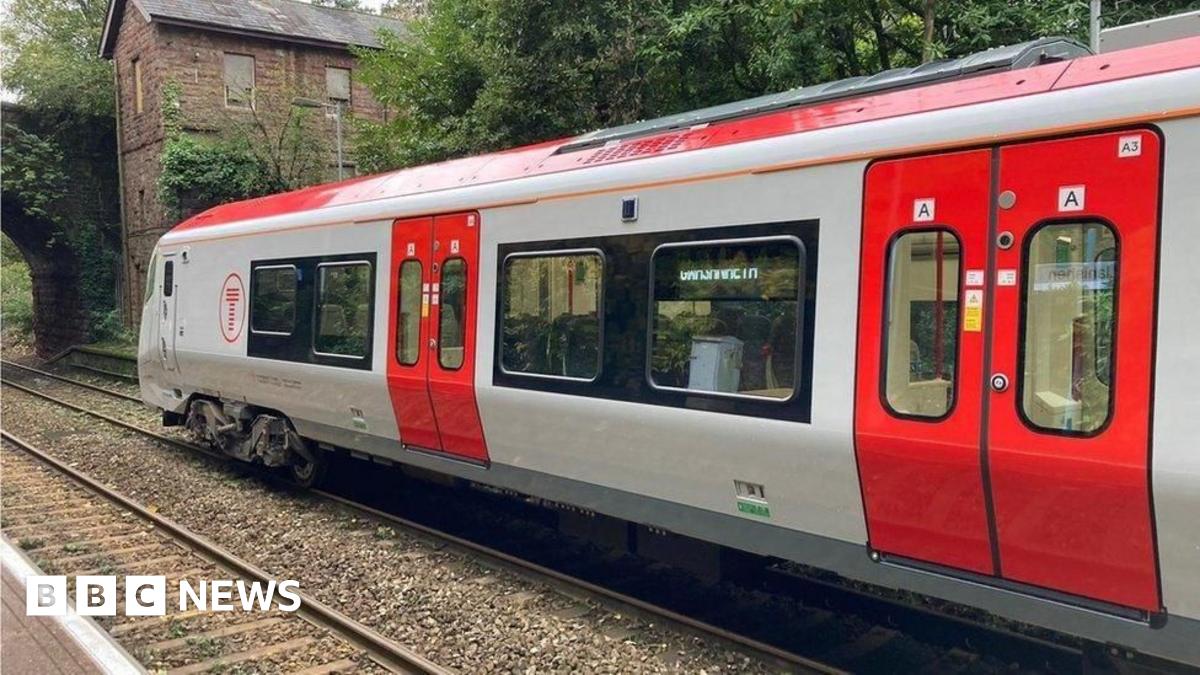Too many negatives there to make it clear what you're trying to say.
I don't think so but I'll clarify anyway: once trams are initally brought to Leeds, it is reasonable to suggest they might be extended to areas further which might be considered the "contiguous urban area". West Yorkshire has a series of large towns only 5-10 miles away from each other.
The Birmingham Metro is a lot like this and being extended on a number of occasions.

